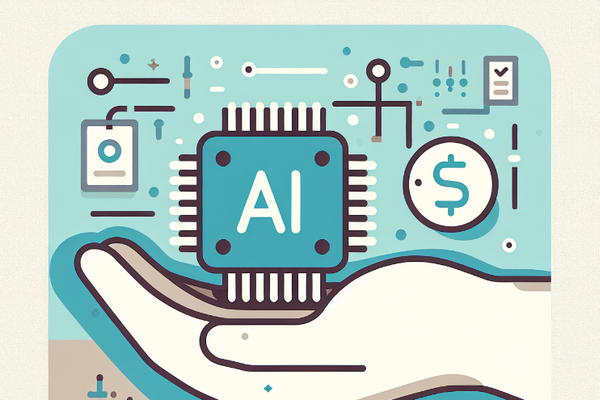
AI Chip Newcomer Groq: Inference Speed 10 Times Faster Than NVIDIA, Secures $640 Million in Funding
AI Chip Newcomer and NVIDIA's Formidable Rival
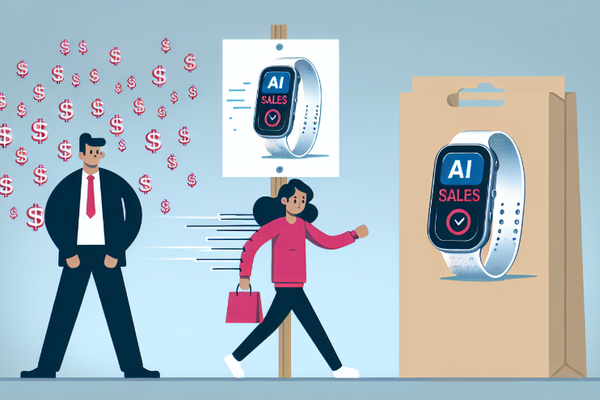
AI Hardware Pioneer Humane Faces Setback: Large-Scale Returns of AI Pin
Many "AI Pin" devices face the risk of failure.
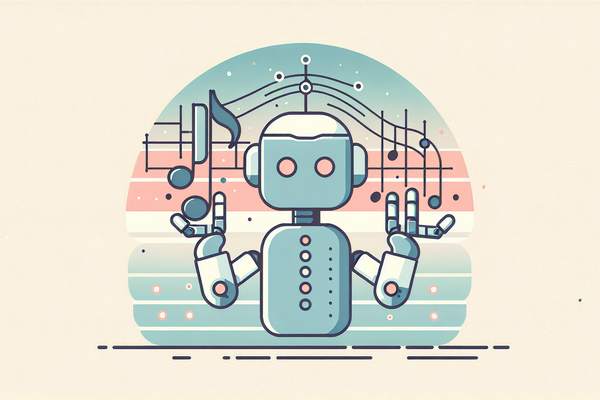
AI Music Creation New Wave: Development from Virtual Singers to Generation Platforms The rise of AI technology has brought about significant changes in the music industry. From virtual singers to music generation platforms, AI is reshaping the way music is created, produced, and consumed. Virtual singers, also known as vocaloids, have gained popularity in recent years. These computer-generated voices can sing any song programmed into them, offering a unique blend of technology and artistry. The most famous example is Hatsune Miku, a Japanese virtual singer who has performed sold-out concerts and collaborated with human artists. As AI technology advances, we're seeing the emergence of more sophisticated music generation platforms. These systems can create original compositions, complete with melodies, harmonies, and even lyrics. Some notable examples include OpenAI's MuseNet and Google's Magenta project. These AI music platforms are not just limited to creating full songs. They can also assist human composers by generating ideas, filling in missing parts, or suggesting arrangements. This collaborative approach between AI and human creativity is opening up new possibilities in music production. The development of AI in music raises interesting questions about creativity, authorship, and the future of the music industry. While some worry about AI replacing human musicians, others see it as a tool to enhance and expand human creativity. As this technology continues to evolve, we can expect to see more integration of AI in various aspects of music creation and production. The future of music may well be a harmonious blend of human and artificial intelligence, creating sounds and experiences we've never heard before.
Latest developments in the AI music field: An overview of major platforms, the Big Three record labels, and startups. Major platforms: 1. Spotify: Investing heavily in AI for personalized recommendations and playlist generation. 2. Apple Music: Developing AI-powered features for music discovery and curation. 3. Amazon Music: Utilizing AI for voice-controlled music playback and recommendations. 4. YouTube Music: Leveraging AI for content identification and recommendation algorithms. Big Three record labels: 1. Universal Music Group: Partnering with AI companies for music creation and exploring AI-generated content. 2. Sony Music Entertainment: Investing in AI startups and developing AI tools for music production. 3. Warner Music Group: Collaborating with AI firms to enhance music discovery and creation processes. Startups: 1. Aiva Technologies: Developing AI-powered music composition tools for various industries. 2. Amper Music: Creating AI-generated music for content creators and businesses. 3. Endel: Producing personalized, AI-generated soundscapes for relaxation and focus. 4. LANDR: Offering AI-powered music mastering and distribution services. 5. MuseNet: Developing advanced AI models for music generation across multiple instruments and styles. Key trends: 1. Increased use of AI in music composition and production. 2. AI-driven personalization of music recommendations and playlists. 3. Integration of AI technologies in music creation tools and digital audio workstations. 4. Exploration of AI-generated music for commercial use in various industries. 5. Ethical considerations and discussions surrounding AI's role in music creation and copyright.
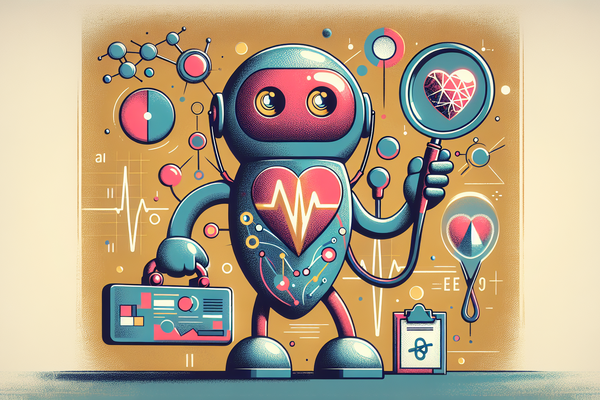
Large Language Models Making Strides in Healthcare: From OpenAI to Baidu's Baichuan
OpenAI co-founder launches Thrive AI Health, focusing on AI-powered health consultation services.
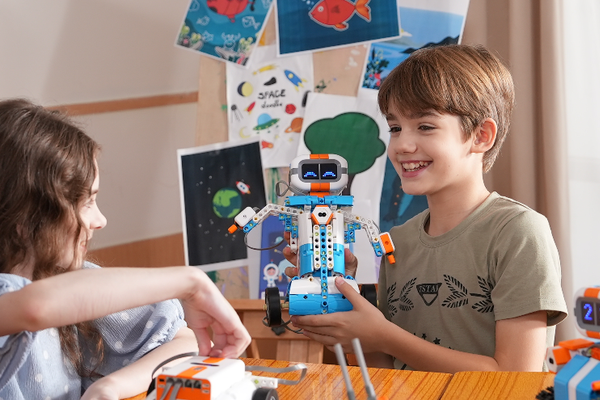
Educational Robot Startup "Whale Robot" Completes Hundred Million Yuan Financing Round
The raised funds will be primarily invested in improving the competition system and expanding into international markets.
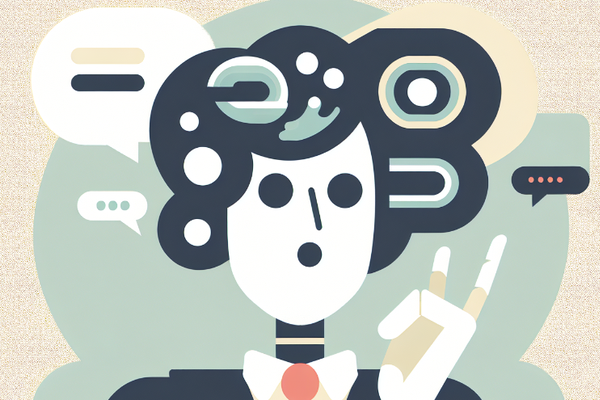
AI Voice Cloning Risks: OpenAI Releases ChatGPT Safety Test Report
Emitting mysterious sounds that spark imagination
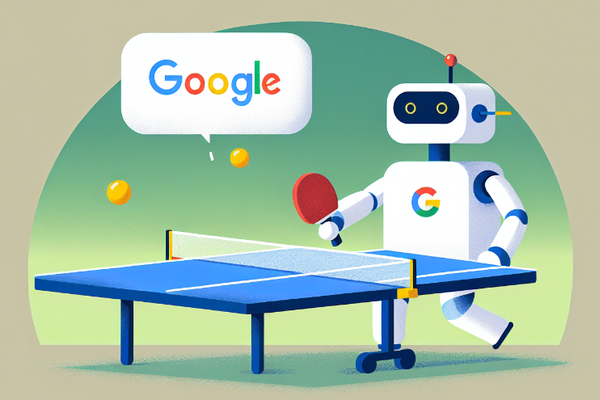
AI Ping Pong Robot Defeats Humans, Reaches Intermediate Player Level
DeepMind's New Artificial Intelligence Creation
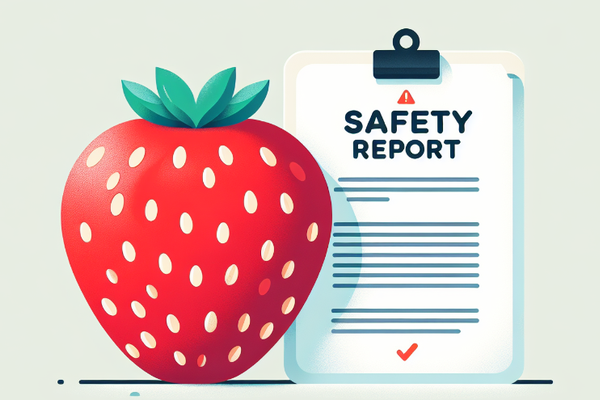
GPT-4 Voice Imitation Causes Panic: OpenAI Researchers Release 32-Page Report
OpenAI released the GPT-4 safety assessment report, but issues emerged with the voice functionality.
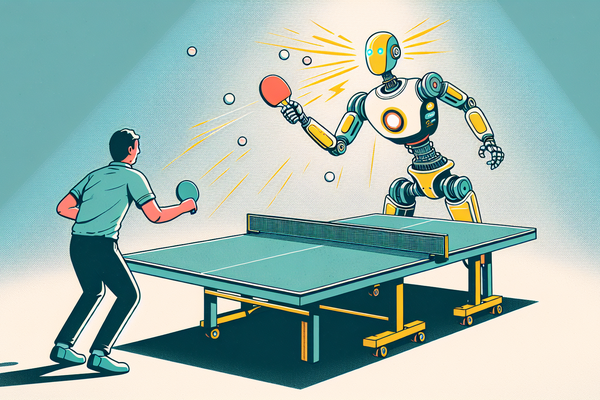
DeepMind Introduces Table Tennis Robot: Comparable to Intermediate Players, Fully Responds to Various Ball Trajectories
Table tennis competition welcomes artificial intelligence players.

Tsinghua Develops Optical AI Breakthrough: Physical Neural Network Without Need for Backpropagation
Possess the ability for continuous learning and self-optimization
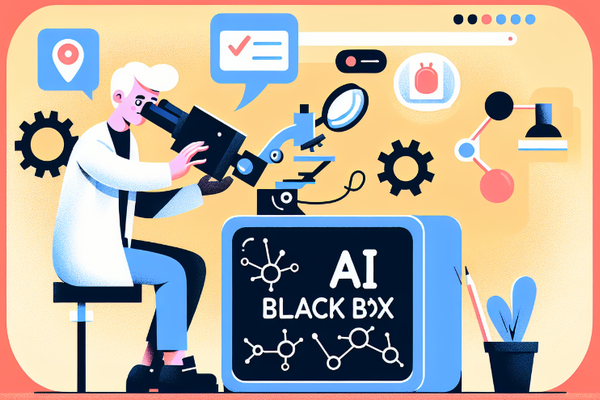
Large Language Models and Deep Learning: Yann LeCun's Insights
The development of large models is the result of mutual promotion between engineering and science. Engineering practices have driven improvements in model scale and performance, while scientific research has deepened the understanding of model principles. The two complement each other, jointly promoting the rapid progress of large model technology.
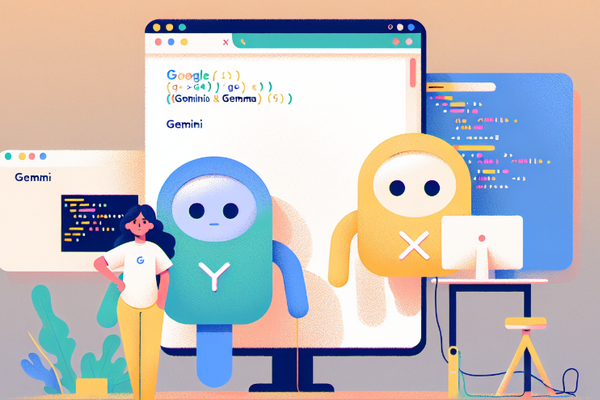
Google's Comprehensive Strategy for Large Language Models: Open Source, Diversity, and Commercialization Google is fully deploying large language models, advancing open source, diversity, and commercialization simultaneously.
Google is preparing to intensify its efforts to advance its strategy.